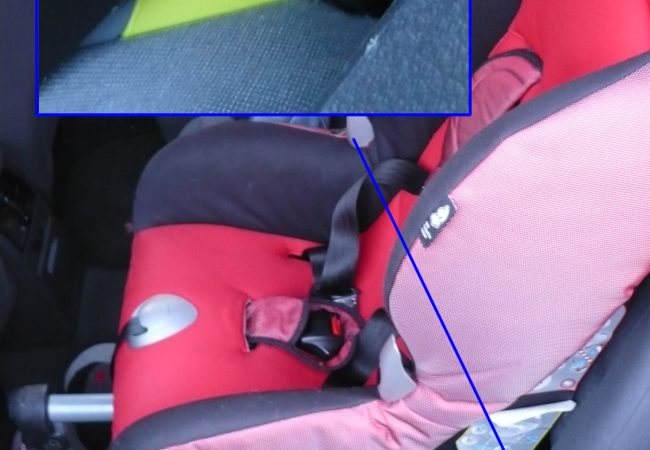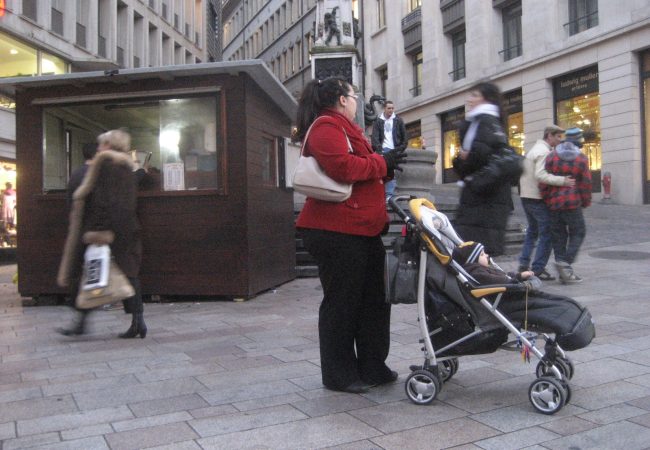Potentially dangerous defective child car seats were recalled by the manufacturer several months after the company performed its own collision safety tests. Federal investigators have now been examining whether the manufacturer of the seats possibly delayed reporting the defective product and instituting the recall. Guidelines require companies to report safety problems within five days to the appropriate government agency, in this case the National Highway Traffic Safety Administration. However, evidence has shown that the business that produced the child restraint system had information several months earlier about the dangerous condition. This was based on safety problems that were evident on quality and safety testing that the company had conducted on the seats during a car accident. Product liability is a responsibility that manufacturers and distributors must take seriously. Concerned parents and safety advocates have voiced concerns regarding the situation, saying that this breech of public trust leaves the public in danger. Some have pointed out that negligent reporting of safety problems must be dealt with harshly. The potential dangers in this case could include head injuries leading to traumatic brain injury, internal organ bleeding, fractures and nerve injury. You can refer to this article for more about the car seat safety product recall.
Photo for illustrative purposes only. Photo Credit: Tetris L [CC BY-SA 3.0 or GFDL], from Wikimedia Commons







![Illustrative Photo by U.S. Navy [Public domain], via Wikimedia Commons](https://morrisonwagner.com/wp-content/uploads/MS1_on_stretcher-150x150.jpg)
![Photo for illustrative purposes only. Photo Credit: Billie Grace Ward [License]](https://morrisonwagner.com/wp-content/uploads/2022/02/fdny-ambulance-150x150.jpg)
![Photo for illustrative purposes only. Photo Credit via Mike Goad [License]](https://morrisonwagner.com/wp-content/uploads/2022/02/nyc-fire-scene-150x150.jpg)




